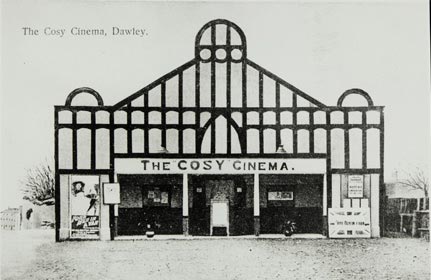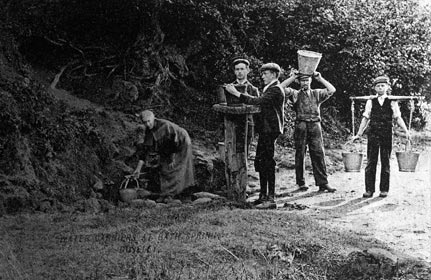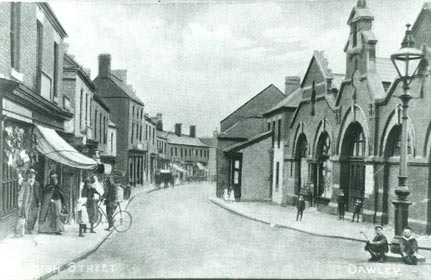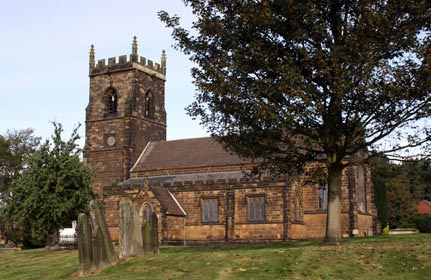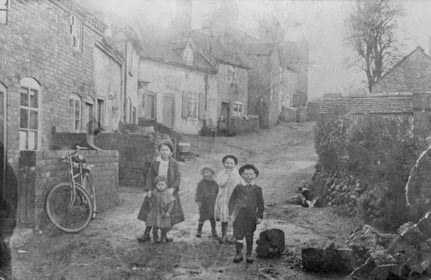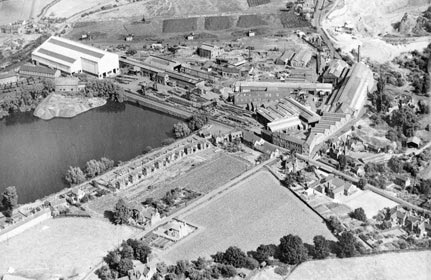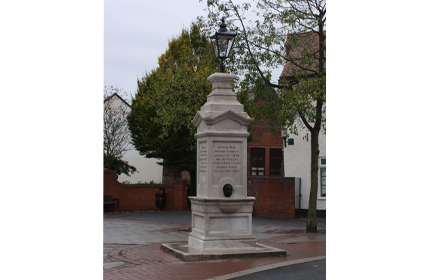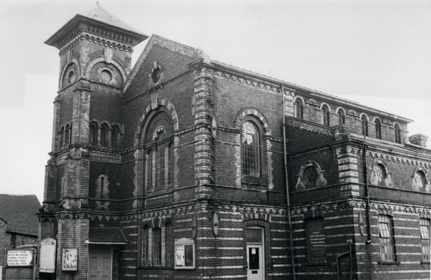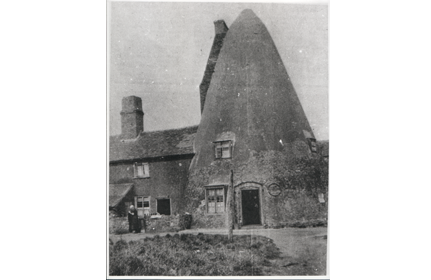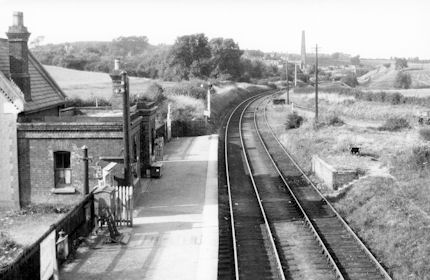Dawley's Heritage
Dawley has a long and colourful history, reaching back almost a thousand years from its first mention in 1086 in the Domesday Book. A 12C church was established close to the present day Holy Trinity, and by 14C a manor house had appeared, fortified in 1361.
Later known as Dawley Castle, it was important enough to have been fought over and subsequently demolished at the end of the English Civil War. Lying at the heart of the East Shropshire coalfield, with its rich seams of coal, iron and clay and a history of technical innovation, Dawley was transformed from an agricultural community to a vibrant industrial township.
Few parishes can claim to have played a more crucial role in the growth of the early Industrial Revolution in Shropshire. Not surprisingly, the era also produced rich Dawley characters, amongst whom were William Ball, known as the ‘Shropshire Giant’, and Captain Webb, the first person to swim the English Channel unaided in 1875.

